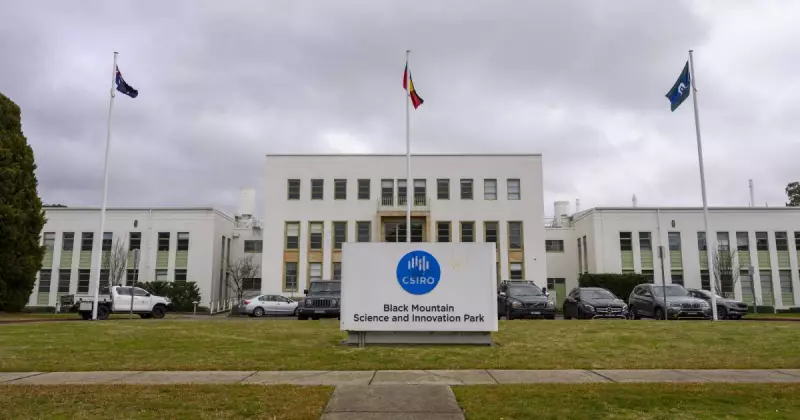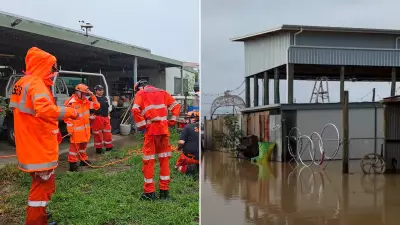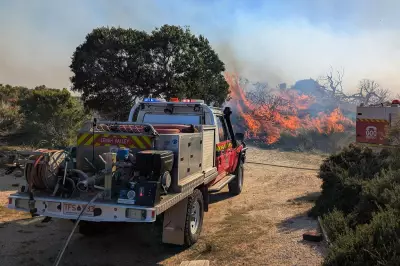
Budget Windfall from Cancelled Climate Summit
The decision not to host the COP31 climate conference in Adelaide has created an unexpected financial opportunity for the Albanese government. Between $1 billion and $2 billion originally allocated for the international event could now be redirected to revitalise Australia's national science agency, the CSIRO.
While the cancelled summit would have delivered economic benefits and environmental prestige for South Australia, the financial redirection comes at a critical time for the scientific institution. Critics have described Prime Minister Anthony Albanese's approach to science funding as shortsighted, particularly as hundreds of Australia's brightest scientists have departed the organisation amid maintenance and funding challenges.
CSIRO's Critical Role in Environmental Protection
The CSIRO represents one of Australia's most valuable assets, especially as private sector investment in research and development declines and government manufacturing initiatives struggle to gain traction. The institution's expertise could prove vital in addressing one of Australia's most persistent environmental problems: feral animals.
For decades, feral pigs, rabbits, cats, deer and other invasive species have cost millions in agricultural losses and contributed significantly to native species decline. Unlike the government's current focus on coal mines and gas in environmental legislation, feral animal management represents a tangible, widespread environmental threat affecting both ecosystems and farming communities.
Substantial funding for CSIRO to tackle the feral animal crisis could serve dual purposes: environmental protection and potential political realignment. Some observers suggest that major advances in feral animal control could shift farmer support away from the Nationals, creating new political dynamics in rural constituencies.
Broader Context of National Challenges
The debate over CSIRO funding occurs alongside other significant national discussions, including Senator Pauline Hanson's controversial burqa protest in Parliament and ongoing concerns about climate policy. The government faces criticism for approving Woodside's North West Shelf project expansion while environmental reforms lack a comprehensive climate trigger.
Meanwhile, Australia's position as one of the top greenhouse gas polluting countries continues to draw scrutiny, even as the nation's renewable resources present substantial economic opportunities. The redirection of COP31 funds to science represents a potential turning point in how Australia balances environmental protection with economic development.
As Bill Bowron of Wanniassa argues, this unexpected budget availability provides a unique chance to reinvest in Australian science and address long-standing environmental challenges that have plagued the nation for generations.





